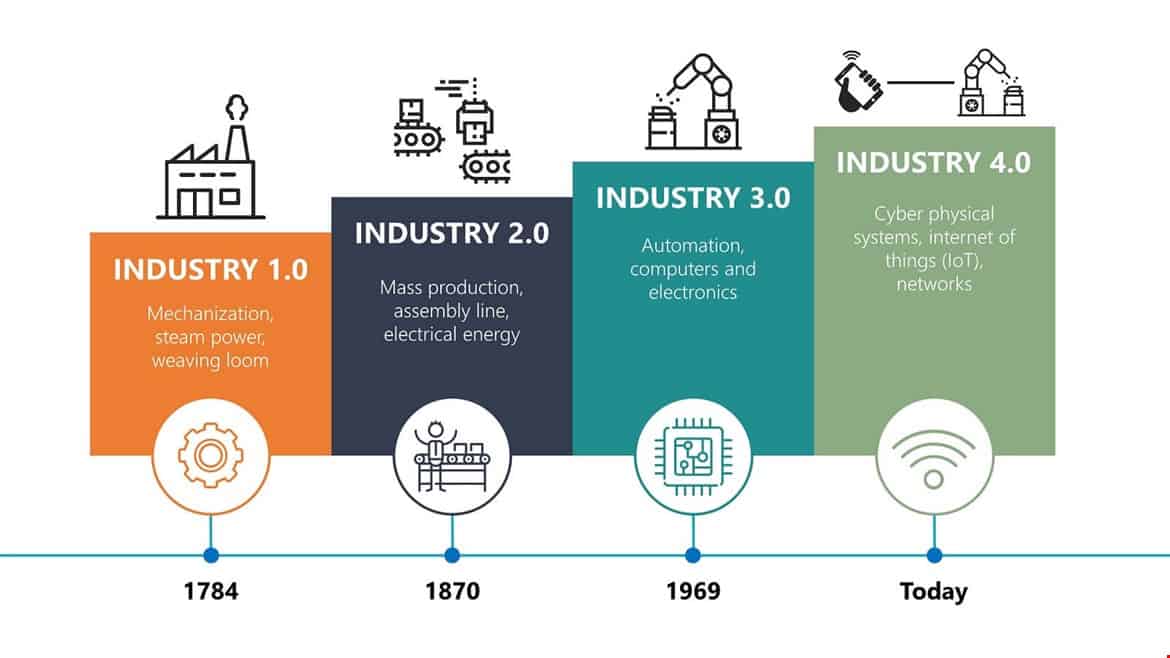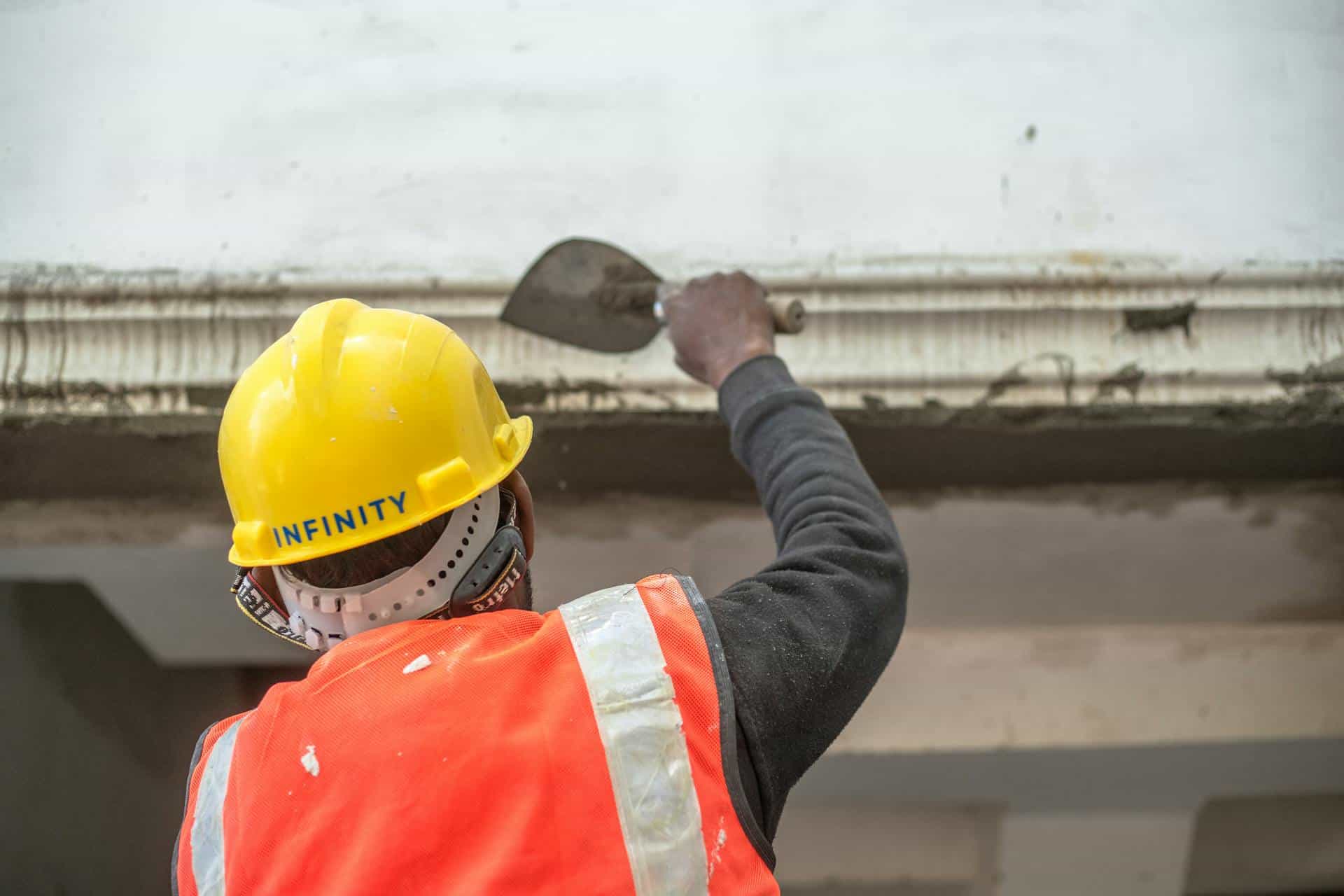Spain, a country rich in culture and history, is also known for its robust educational system. From primary to higher education, many schools across the nation uphold high academic standards. Here’s a closer look at the various types of schools in Spain that offer exceptional education.
Public Schools (Escuelas Públicas)
Public schools in Spain are government-funded and accessible to all residents. While public schools vary in quality based on location and resources, many deliver high-level education:
Bilingual Programs. Increasingly, public schools are offering bilingual programs, especially in cities like Madrid and Barcelona, where English-Spanish instruction is common.
Curriculum Standards Public schools follow a national curriculum that ensures students receive a comprehensive education in core subjects like mathematics, science, languages, and social studies.
Advanced Placement. Some schools have advanced programs that allow students to specialize in sciences, humanities, or the arts.
Private Schools (Escuelas Privadas)
Private schools in Spain often provide specialized curricula and modern facilities:
- International Schools. Many private schools follow international curricula, such as the International Baccalaureate (IB), British GCSEs, or American Advanced Placement, catering to expatriate families and locals seeking international qualifications.
- Bilingual or Multilingual Education. Private schools often offer instruction in multiple languages, allowing students to gain fluency in Spanish, English, French, or German.
- Focus on Extracurriculars. With a strong emphasis on sports, arts, and community service, private schools foster well-rounded personal development.
Concertado Schools (Escuelas Concertadas)
Concertado schools are partially funded by the government and typically charge lower fees than private schools:
- Affordability and Quality: They offer a combination of the public system’s accessibility and the private system’s specialized education.
- Religious Foundations: Many concertado schools have religious affiliations, providing value-based education in addition to academics.
Universities and Higher Education
Spain’s universities also stand out for their quality:
Public Universities. Institutions like the University of Barcelona, the Complutense University of Madrid, and the University of Granada are consistently ranked among the best, offering various undergraduate and postgraduate programs.
Private Universities. Private institutions such as IE University, ESADE Business School, and the University of Navarra have gained recognition for their specialized programs and international outlook.
Overall, Spain offers a range of schools that provide high-level education. Whether parents and students seek public, private, or concertado schooling, they can find institutions that align with their goals and values. The variety of programs available makes it possible to find high-quality education across all levels, setting students up for success in an increasingly global world.
How do private schools in Spain differ from similar schools in Europe?
In a continent as diverse as Europe, educational systems often reflect each country’s unique cultural and historical legacy. Private schools in Spain, like their European counterparts, strive to offer quality education while standing apart in ways shaped by the nation’s distinctive traditions and societal needs. Here’s a closer look at how Spanish private schools differ from their European neighbors.
Unique Characteristics of Spanish Private Schools
- Religious Affiliation
- Many private schools in Spain are associated with Catholic orders or organizations, continuing the country’s historical ties to the Catholic Church. This often provides a strong moral and value-based foundation.
- Students at these schools may attend religion classes or chapel services, fostering a community spirit centered on faith.
- Multilingual Education
- Spain’s regional languages, like Catalan, Galician, and Basque, are integrated into the curriculum in their respective regions, providing students with bilingual or multilingual instruction.
- English is also emphasized, often making Spanish private schools truly trilingual, unlike many European schools where English is just one of two primary languages taught.
- Cultural Integration
- Spanish private schools frequently incorporate local cultural events, celebrations, and traditions into their academic calendar.
- Programs like field trips, art projects, and historical research assignments often emphasize the rich historical and cultural heritage of Spain.
- Diverse Curriculum Offerings
- While many European private schools focus heavily on traditional academics, Spanish private institutions often offer vocational training tracks alongside conventional academic subjects, giving students more career-oriented options.
- Concertado System
- The “concertado” system is unique to Spain, where privately run schools receive partial government funding, making them more affordable for families.
- This funding structure offers a middle ground between fully private and public education, providing specialized programs that may not be available in purely public schools.
Comparisons with Other European Private Schools
- International Education Focus
- Private schools across Europe often provide International Baccalaureate (IB) or other internationally recognized curricula.
- Spanish schools are increasingly incorporating international programs, but their distinct cultural and religious influences remain prominent.
- Admissions Approach
- Admission to private schools in Spain often involves interviews, assessments, and waiting lists, much like their European counterparts.
- However, the emphasis on religious affiliation or cultural alignment may be more prominent in Spain.
- Class Size and Faculty
- In general, private schools in Spain maintain smaller class sizes and a favorable student-to-teacher ratio, similar to other European countries.
- Faculty at these schools often include international staff, offering a broader perspective on education.
Spanish private schools maintain a unique identity rooted in the nation’s rich history and linguistic diversity while also aligning with broader European standards. Their approach to moral education, multilingual instruction, and vocational pathways differentiates them from private institutions across the continent. In blending these cultural values with modern academic rigor, Spanish private schools provide students with a distinct and well-rounded educational experience.






